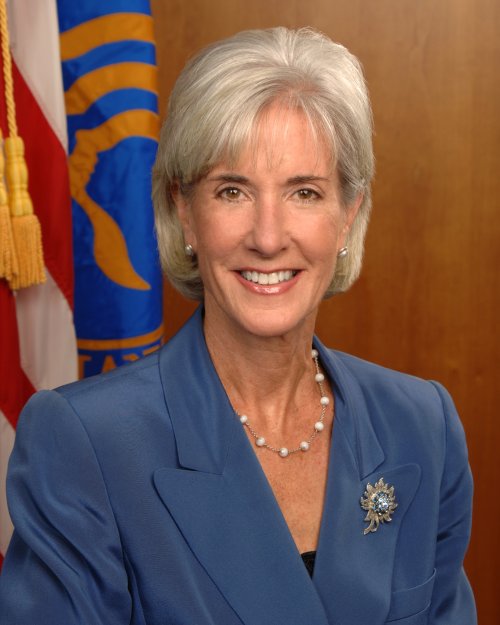A statement by U.S. Department of Health and Human Services Secretary Kathleen Sebelius
A statement by U.S. Department of Health and Human Services Secretary Kathleen Sebelius

In August 2011, the Department of Health and Human Services issued an interim final rule that will require most health insurance plans to cover preventive services for women including recommended contraceptive services without charging a co-pay, co-insurance or a deductible. The rule allows certain non-profit religious employers that offer insurance to their employees the choice of whether or not to cover contraceptive services. Today the department is announcing that the final rule on preventive health services will ensure that women with health insurance coverage will have access to the full range of the Institute of Medicine’s recommended preventive services, including all FDA -approved forms of contraception. Women will not have to forego these services because of expensive co-pays or deductibles, or because an insurance plan doesn’t include contraceptive services. This rule is consistent with the laws in a majority of states which already require contraception coverage in health plans, and includes the exemption in the interim final rule allowing certain religious organizations not to provide contraception coverage. Beginning August 1, 2012, most new and renewed health plans will be required to cover these services without cost sharing for women across the country.
After evaluating comments, we have decided to add an additional element to the final rule. Nonprofit employers who, based on religious beliefs, do not currently provide contraceptive coverage in their insurance plan, will be provided an additional year, until August 1, 2013, to comply with the new law. Employers wishing to take advantage of the additional year must certify that they qualify for the delayed implementation. This additional year will allow these organizations more time and flexibility to adapt to this new rule. We intend to require employers that do not offer coverage of contraceptive services to provide notice to employees, which will also state that contraceptive services are available at sites such as community health centers, public clinics, and hospitals with income-based support. We will continue to work closely with religious groups during this transitional period to discuss their concerns.
Scientists have abundant evidence that birth control has significant health benefits for women and their families, is documented to significantly reduce health costs, and is the most commonly taken drug in America by young and middle-aged women. This rule will provide women with greater access to contraception by requiring coverage and by prohibiting cost sharing.
This decision was made after very careful consideration, including the important concerns some have raised about religious liberty. I believe this proposal strikes the appropriate balance between respecting religious freedom and increasing access to important preventive services. The administration remains fully committed to its partnerships with faith-based organizations, which promote healthy communities and serve the common good. And this final rule will have no impact on the protections that existing conscience laws and regulations give to health care providers.
###
* The above information is adapted from materials provided by USA Department of Health and Human Services (HHS)
** More information at USA Department of Health and Human Services (HHS)




















